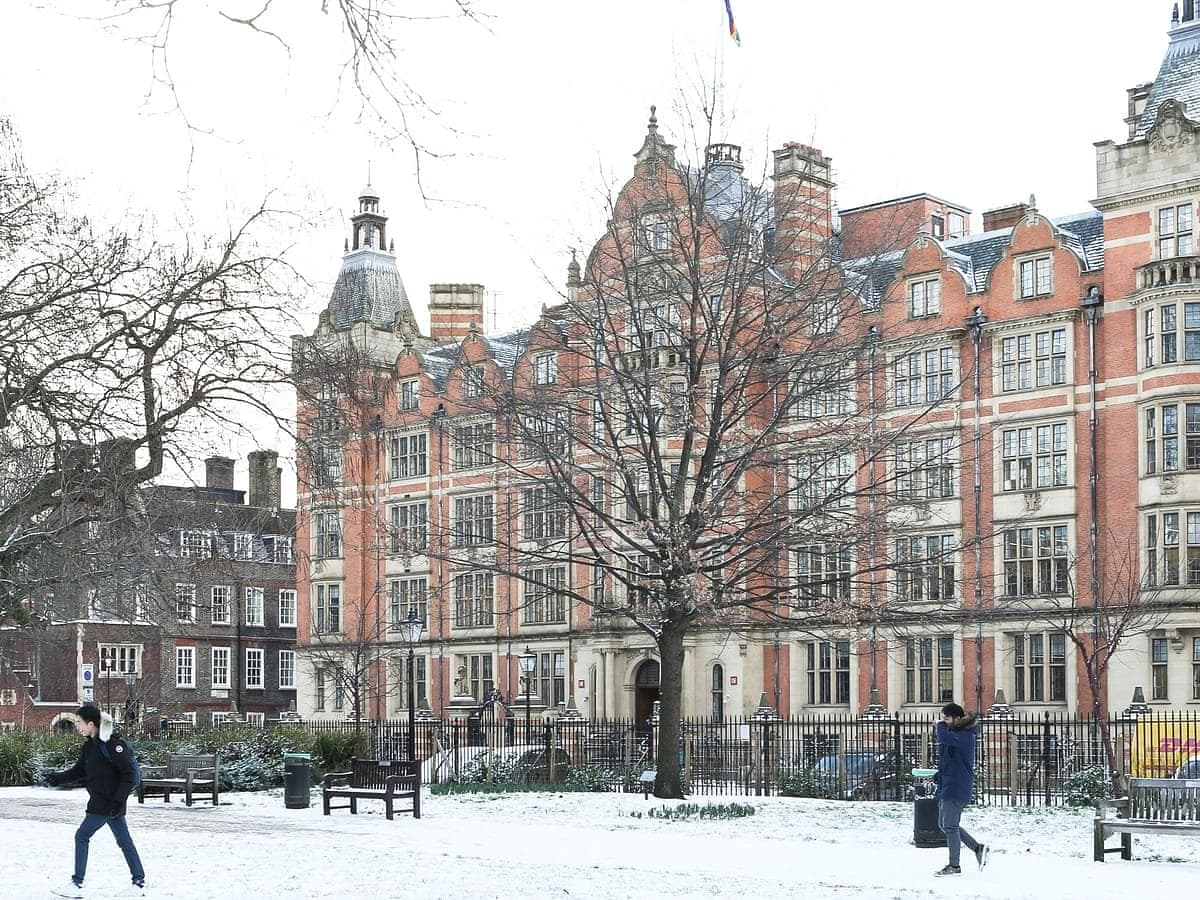The degree involves studying courses to the value of 12 units over three years, plus LSE100. You will also have the opportunity to apply for a year abroad at one of our global exchange partners.
First year
In your first year, you will take six compulsory courses equally divided between anthropology and law, plus a course on Foundational Legal Skills. In addition, you will also take LSE100.
(* denotes a half unit course)
Being Human: Contemporary Themes in Social Anthropology
Provides a general overview of the discipline, introducing a range of questions that anthropologists have focused on via their research in societies around the world. Among other things, it explores what is variable and what is universal (or at least commonly found) in human culture and society by examining a range of political, economic, family, and religious systems found among different peoples.
A History of Anthropological Theory
Introduces the works of classic social science theorists and how they have been applied to ethnographic analyses of particular societies.
Public Law
Covers the conceptual framework of public law.
Property I*
Introduces the role of property concepts in legal and social thought.
Introduction to the Legal System*
Familiarises law students with the basic characteristics and functioning of legal systems.
Foundational Legal Skills (non-assessed)
LSE100*
A half unit, running across Michaelmas and Lent Term in the first year, LSE100 is compulsory for all LSE undergraduate students, and is designed to build your capacity to tackle multidimensional problems through research-rich education.
Second year
In your second year you will take two compulsory courses in law, and a further compulsory course in political and legal anthropology. You will also choose one further anthropology course (or two half units) from a list of approved options; previous topics have included kinship, the study of selected world regions, development, and globalisation.
Political and Legal Anthropology
Explores how a wide range of societies handle conflict, dispute, violence and the establishment and maintenance of political and legal systems
Criminal Law
Examines the "general part" of criminal law and selected areas of the special part of criminal law in the context of theories of the aims and functions of criminalisation
Law of Obligations
Provides an introduction to the law of contract.
Anthropology options to the value of one unit
Third year
In your third year you will take two compulsory courses in law. You also choose one unit’s worth of options in law – options available include anything from medical law and family law to corporate insolvency, modern criminology, and legal philosophy (jurisprudence). Finally, you choose one unit’s worth of options in anthropology – this includes the possibility of doing a dissertation and completing your own anthropological research project.
Law and Institutions of the European Union
Provides an introduction to European Union law
Property II
Examines the principles of land law and the law of trusts, completing your requirements for qualification.
Law options to the value of one unit
Anthropology options to the value of one unit
You must note however that while care has been taken to ensure that this information is up-to-date and correct, a change of circumstances since publication may cause the School to change, suspend or withdraw a course or programme of study, or change the fees that apply to it. The School will always notify the affected parties as early as practicably possible and propose any viable and relevant alternative options. Note that the School will neither be liable for information that after publication becomes inaccurate or irrelevant, nor for changing, suspending or withdrawing a course or programme of study due to events outside of its control, which includes but is not limited to a lack of demand for a course or programme of study, industrial action, fire, flood or other environmental or physical damage to premises.
You must also note that places are limited on some courses and/or subject to specific entry requirements. The School cannot therefore guarantee you a place. Please note that changes to programmes and courses can sometimes occur after you have accepted your offer of a place. These changes are normally made in light of developments in the discipline or path-breaking research, or on the basis of student feedback. Changes can take the form of altered course content, teaching formats or assessment modes. Any such changes are intended to enhance the student learning experience.

